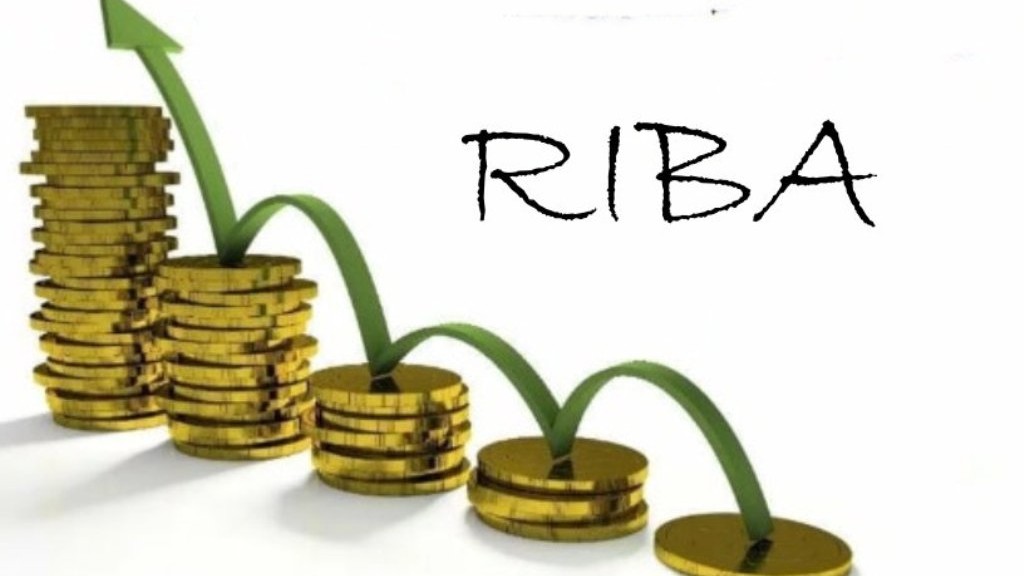In an uncertain world, the pursuit of security is a universal human desire. The modern insurance industry markets itself as the ultimate answer to this need, promising a safety net against life’s unforeseen calamities. However, from the perspective of Ahlus-Sunnah wal-Jama’ah the mainstream Sunni Islamic tradition this promise is a profound illusion. Conventional insurance does not provide true security; it offers a mirage built upon principles that Islam explicitly prohibits, while the authentic Islamic alternative, Takaful, provides a model rooted in mutual care and divine trust.
The Flawed Foundation: Gharar, Maysir, and Riba
The fundamental reason for Islam’s prohibition of conventional insurance lies in its violation of three core legal principles:
1. Gharar (Excessive Uncertainty): The insurance contract is riddled with ambiguity. The policyholder pays premiums for a future benefit that is unknown in its occurrence, timing, and amount. The insurer, likewise, is uncertain about its liabilities. The Prophet Muhammad (peace be upon him) explicitly prohibited transactions steeped in gharar, as it leads to dispute and exploitation.
2. Maysir (Gambling): At its core, insurance is a gamble. The policyholder is essentially wagering a small, certain sum (the premium) that a loss will occur. The insurer is betting that it will not. This structure transforms potential misfortune into a perverse financial opportunity, which is unequivocally forbidden.
3. Riba (Usury/Interest): The entire engine of the conventional insurance model is fueled by interest. Premiums are invested in interest-bearing bonds and other riba-based instruments to generate the profits that make the business viable. The Quran and Sunnah have declared war on riba, making any transaction involving it fundamentally impure and impermissible.
These are not minor technicalities; they are the very pillars upon which the contract stands. Therefore, the “security” sold by conventional insurance is semantic and illusory. It is a product crafted from elements that Islam considers spiritually and socially harmful. The feeling of safety it provides is false because it is built on a foundation of uncertainty, speculation, and sin.
The Islamic Paradigm: Takaful and Ta’awun (Mutual Cooperation)
Islam does not ignore the human need for financial risk management. Instead, it provides a divinely guided solution: Takaful. This is not merely “Islamic insurance”; it is a radically different paradigm based on the principles of brotherhood, solidarity, and mutual responsibility.
The system is built upon the Quranic command:
“…And cooperate in righteousness and piety, but do not cooperate in sin and aggression…” (Quran, Surah Al-Ma’idah, 5:2)
In Takaful, participants do not “buy” a policy from a profit-driven company. They form a community pact. Contributions are made as Tabarru’ (voluntary donations) into a common pool with the pure intention of helping one another in times of need. This intention of donation (tabarru’) effectively removes the elements of gambling (maysir) and exploitative uncertainty (gharar). The company acts only as a prudent manager (wakil) of this communal fund for a fixed fee, investing the pool strictly in Shariah-compliant ventures, thus avoiding riba.
The “security” in Takaful is real and tangible because it originates from a sacred social contract of mutual aid—a concept powerfully endorsed by the Prophet (peace be upon him):
“The believers, in their mutual kindness, compassion and sympathy, are like one body; if one organ complains, the whole body responds with wakefulness and fever.” (Sahih al-Bukhari)
The Deepest Essence: Where True Security Resides
The most profound difference between the two systems lies in their philosophical endpoint. In the conventional model, security is an external commodity to be purchased from a corporation. It fosters a mindset of outsourcing one’s safety to a third party whose primary fiduciary duty is to its shareholders, not its policyholders. It suggests that peace of mind can be bought.
The Islamic model, through Takaful, reminds us that true security is internal and communal. It is a byproduct of faith, righteous action, and mutual cooperation within a believing community. It is an act of worship that fulfills a collective obligation.
Ultimately, Islam teaches that while we must take practical measures (Asbab), our ultimate trust and source of all security is Allah alone. This is the essence of Tawakkul (reliance on God). We use the halal means (Takaful), but we know that the outcome is always in Allah’s hands.
“And whoever relies upon Allah – then He is sufficient for him…” (Quran, Surah At-Talaq, 65:3)
In conclusion, the Islamic opinion is clear. Conventional insurance’s “security” is a illusion built on prohibited foundations. The genuine peace we seek is not found in a gambling contract with a corporation, but in a cooperative covenant with our community, underpinned by the unwavering belief that our true and ultimate Security is Divine. Takaful is the halal means; Allah is the source.

